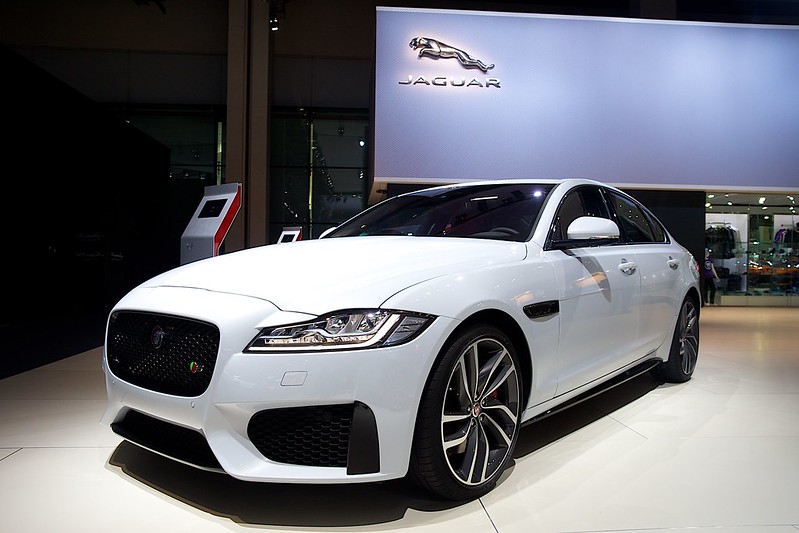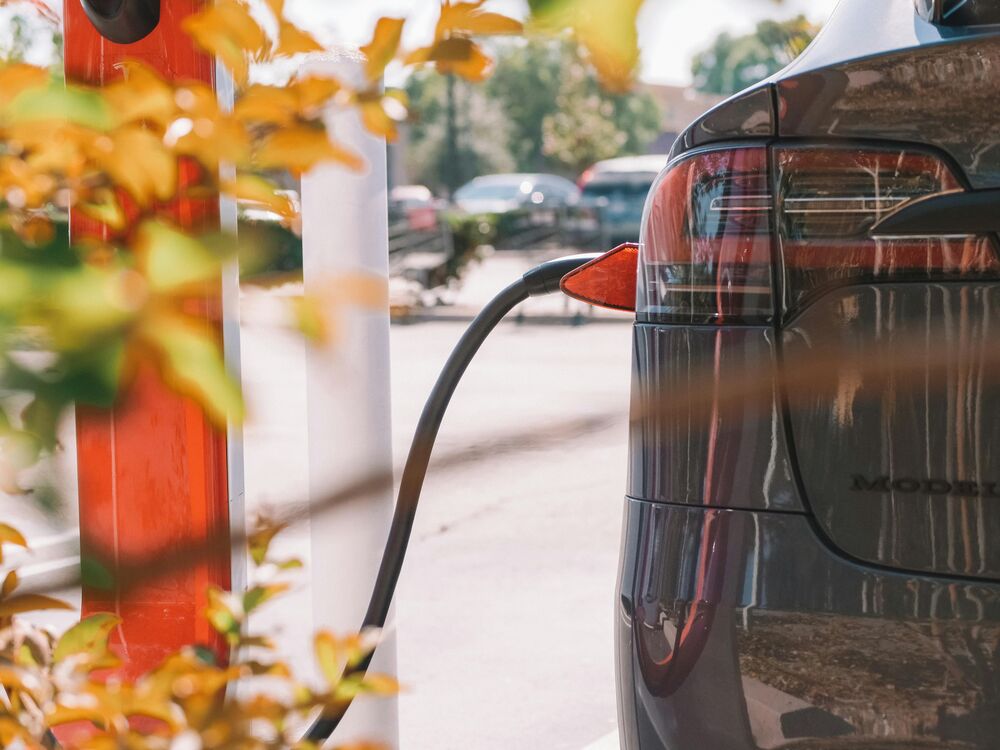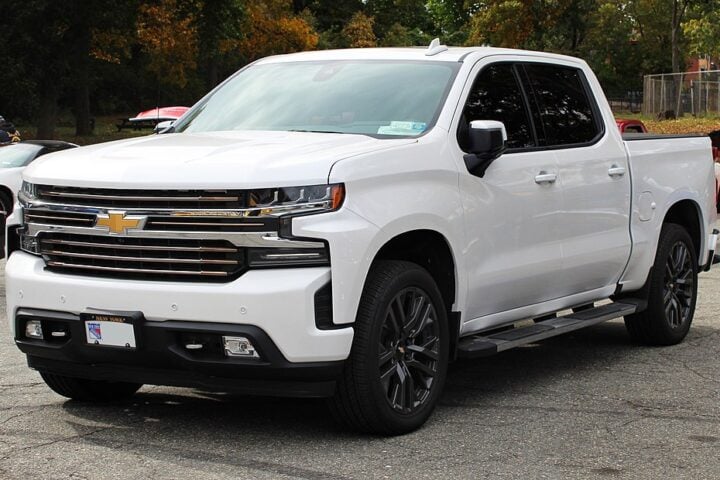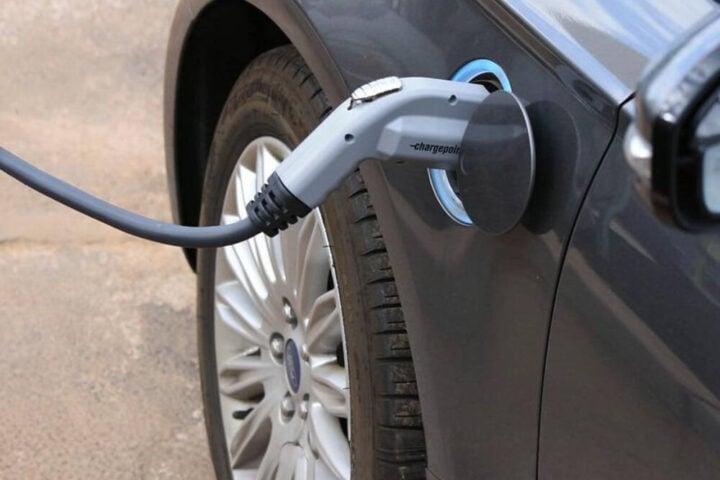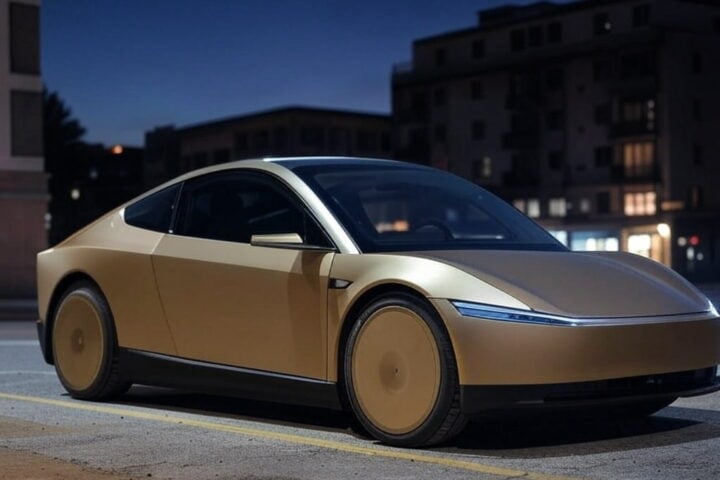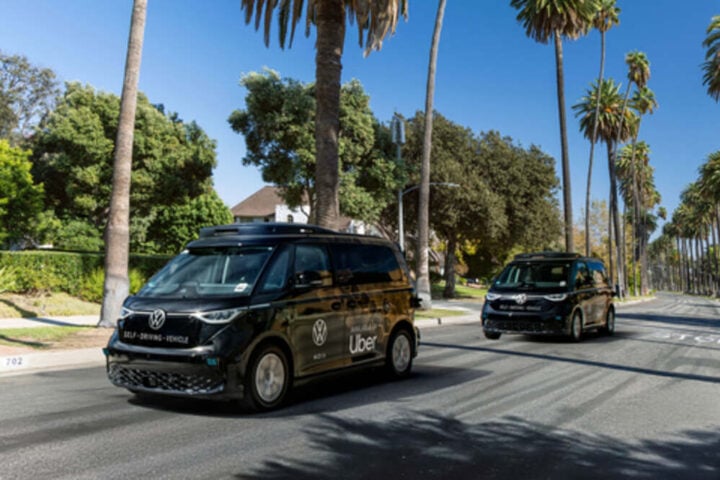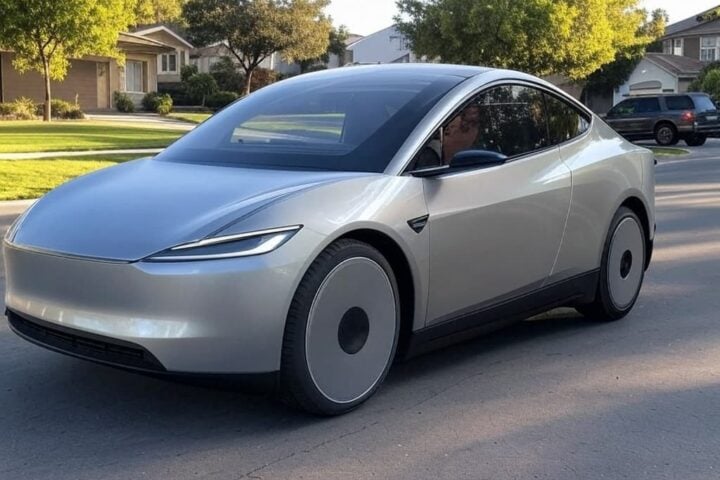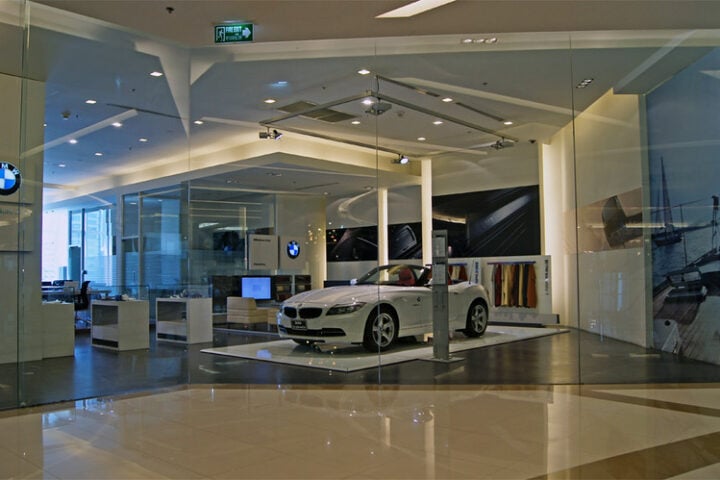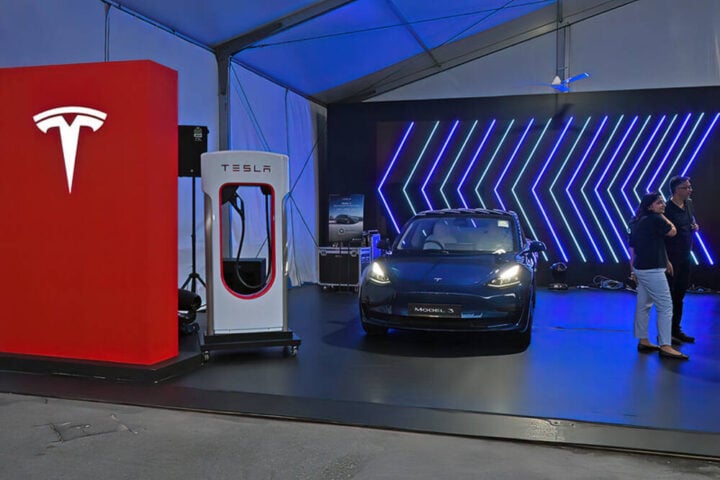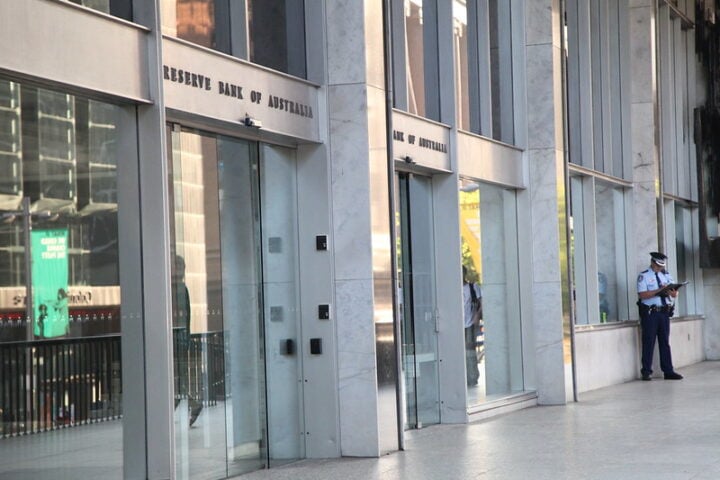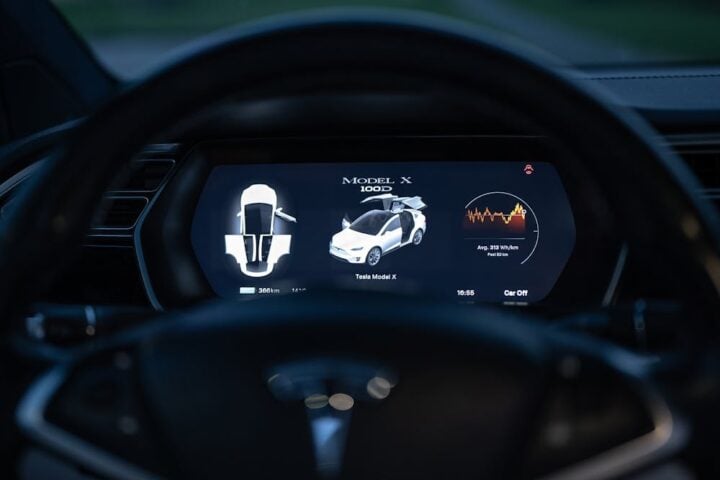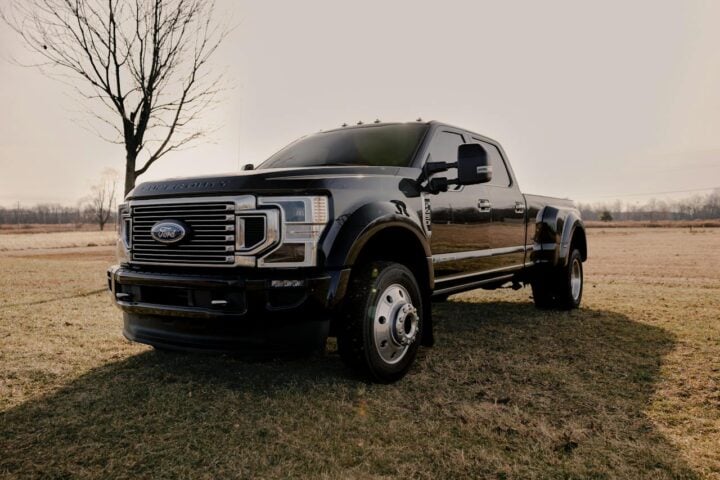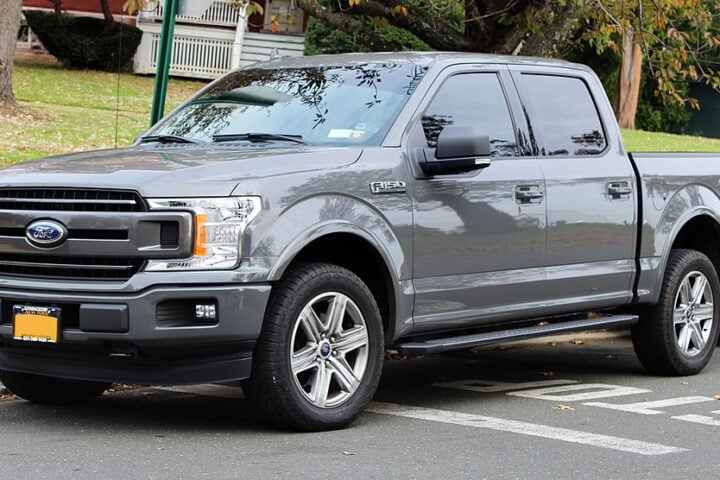Jaguar Land Rover has paused vehicle shipments to the United States for April as the luxury automaker grapples with newly imposed 25% tariffs on imported vehicles. The move comes as global markets tumble in response to President Trump’s sweeping trade actions.
“The USA is an important market for JLR’s luxury brands,” a company spokesperson stated on Saturday. “As we work to address the new trading terms with our business partners, we are taking some short-term actions including a shipment pause in April, as we develop our mid- to longer-term plans.”
Immediate Market Impact
The decision reflects the hard choices facing British automakers, for whom the US represents the second-largest export market after the European Union. According to the Society of Motor Manufacturers and Traders (SMMT), nearly 17% of UK car exports—worth approximately £7.6 billion annually—go to American buyers.
JLR, owned by India’s Tata Motors, exports a significant portion of its annual vehicle production to the US market, making it particularly vulnerable to the tariffs that took effect on April 3rd.
Broader Market Turmoil
Financial markets have reacted strongly to the tariff announcements. The FTSE 100 plunged 419.75 points (4.95%) on Friday—its worst single-day decline since March 2020. The Dow Jones fell 5.5% as China announced retaliatory measures, matching Trump’s tariff rate with its own 34% levy on US imports starting April 10th.
Political Response
UK Prime Minister Keir Starmer has been consulting with international counterparts, holding discussions with the prime ministers of Australia and Italy. According to a Number 10 spokesperson, “all agreed that an all-out trade war would be extremely damaging.”
The UK government has thus far avoided direct criticism of Trump, with Starmer indicating his administration will respond with “cool and calm heads” while continuing “preparatory work, rather than rush to retaliate.”
Chancellor Rachel Reeves emphasized diplomatic efforts, stating: “We don’t want to see tariffs on UK exports, and we’re working hard as a government in discussion with our counterparts in the US to represent the British national interest and support British jobs and British industry.”
Similar Posts
Industry Concerns
Car manufacturing in the UK has already been struggling, with production dropping 13.9% to 779,584 vehicles last year. Over 77% of those vehicles were destined for export markets.
Mike Hawes, chief executive of SMMT, warned: “These tariff costs cannot be absorbed by manufacturers, thus hitting US consumers who may face additional costs and a reduced choice of iconic British brands, whilst UK producers may have to review output in the face of constrained demand.”
David Bailey, automotive industry expert and professor at the University of Birmingham, expects other British carmakers to follow JLR’s lead. He stated that he anticipates similar stoppages from other producers as companies evaluate the unfolding situation.
Consumer Implications
For American consumers, the tariffs will likely mean higher prices on imported luxury vehicles. JLR appears to have anticipated the situation by building up inventory—SMMT figures show exports to the US jumped 38.5% year-over-year in December, 12.4% in January, and 34.6% in February.
“This was manufacturers like JLR trying to get ahead of the game in terms of getting inventory to the US before the tariffs were implemented,” noted Bailey.

Trump’s Stance
President Trump remains defiant about his tariff strategy, posting on Truth Social: “China has been hit much harder than the USA, not even close. They, and many other nations, have treated us unsustainably badly.”
He also claimed: “Already, more than FIVE TRILLION DOLLARS OF INVESTMENT, and rising fast! THIS IS AN ECONOMIC REVOLUTION, AND WE WILL WIN. HANG TOUGH, it won’t be easy, but the end result will be historic.”
As manufacturers and governments respond to these trade disruptions, the automotive sector faces yet another challenge alongside existing hurdles of supply chain issues, transitions to electric vehicles, and changing consumer demand.
Frequently Asked Questions
Jaguar Land Rover has paused April shipments to the United States in response to President Trump’s new 25% tariff on imported vehicles. The company is using this pause to assess the financial impact and develop strategies to address these new trading terms. The tariffs, which took effect on April 3rd, would significantly increase costs for imported luxury vehicles.
The US market is crucial for Jaguar Land Rover, representing nearly a quarter of its total sales. JLR has officially stated that “the USA is an important market for JLR’s luxury brands.” Overall, the US is the second-largest export market for UK-made cars after the European Union, accounting for about 17% of all UK car exports, worth approximately £7.6 billion annually.
The UK government, led by Prime Minister Keir Starmer, is taking a diplomatic approach by consulting with international counterparts and avoiding direct criticism of President Trump. Chancellor Rachel Reeves has emphasized that they are “working hard in discussion with our counterparts in the US to represent the British national interest.” The government has indicated it will respond with “cool and calm heads” rather than rushing to retaliate, though they have prepared a list of products that could be subject to counter-tariffs if needed.
Financial markets have reacted strongly negative to the tariff announcements. The FTSE 100 plunged 419.75 points (4.95%) on Friday—its worst single-day decline since March 2020. The Dow Jones fell 5.5% on the same day. This market turmoil expanded globally, with Australia’s stock market dropping 2.44% and Italian markets closing 6.5% down. The situation has been further complicated by China’s announcement of retaliatory 34% tariffs on US imports starting April 10th.
Industry experts anticipate other UK automakers will likely take similar actions. David Bailey, automotive industry expert and professor at the University of Birmingham, specifically stated: “I expect similar stoppages from other producers as firms take stock of what is unfolding.” The UK car industry, which employs around 200,000 people directly, is highly exposed to these new tariffs since nearly 80% of UK-made vehicles are exported.
American consumers will likely face higher prices on imported luxury vehicles like Jaguar and Land Rover models. According to Mike Hawes, chief executive of SMMT, “These tariff costs cannot be absorbed by manufacturers, thus hitting US consumers who may face additional costs and a reduced choice of iconic British brands.” The 25% tariff will be passed on to consumers, potentially making these vehicles significantly less competitive in the US market compared to domestically produced alternatives.
